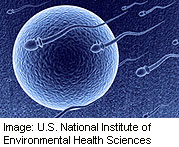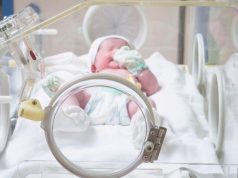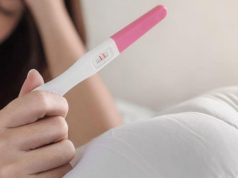Higher fertilization rates among couples in which male partners have highest intake of poultry
FRIDAY, Aug. 7, 2015 (HealthDay News) — For men whose female partners are undergoing assisted reproductive technology (ART), specific meat intake is associated with fertilization rates, according to a study published online July 20 in Fertility and Sterility.
Wei Xia, M.D., Ph.D., from Massachusetts General Hospital and Harvard Medical School in Boston, and colleagues examined the correlation between men’s meat intake and clinical outcomes in couples undergoing infertility treatment with ART. Participants included 141 men whose female partners underwent 246 ART cycles.
The researchers found that poultry intake was positively correlated with fertilization rate, with a 13 percent higher fertilization rate for men in the highest versus the lowest quartile of poultry intake (78 versus 65 percent). In conventional in vitro fertilization (IVF) cycles, but not in IVF cycles using intracytoplasmic sperm injection, processed meat intake was inversely related to fertilization rate. In conventional IVF cycles, the adjusted fertilization rates for men were 82, 67, 70, and 54 percent, respectively, in increasing quartiles of processed meat intake. There was no correlation for men’s total meat intake, including intake of specific types of meat, with implantation, clinical pregnancy, or live birth rates.
“Poultry intake was positively associated with fertilization rates, whereas processed meat intake was negatively associated with fertilization rates among couples undergoing conventional IVF,” the authors write. “This, however, did not translate into associations with clinical pregnancy or live-birth rates.”
Abstract
Full Text (subscription or payment may be required)
Copyright © 2015 HealthDay. All rights reserved.








